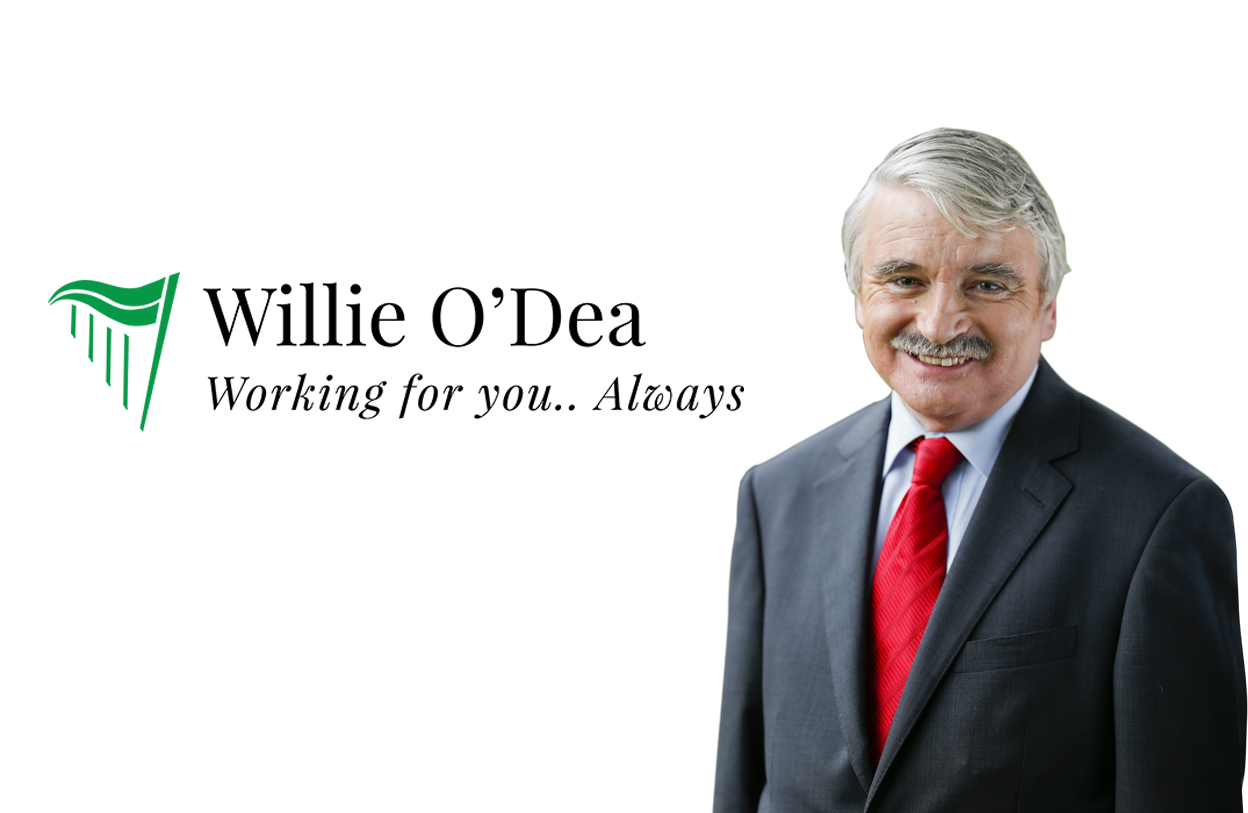 I HAD a brief phone call with Aengus before Christmas. Little did I realise that it would be our last conversation.
I HAD a brief phone call with Aengus before Christmas. Little did I realise that it would be our last conversation.
Though he was upbeat and positive regarding his health, I now see, in hindsight, that our uncharacteristically short exchange was an indication of how ill he was.
Looking back over the 20 or so years we knew each other, there was hardly a week when I didn’t get a call from Aengus. He loved to talk. He spoke with passion on a range of topics from politics to sport.
While you were rarely in any doubt as to where Aengus stood on the issues of the day, he was interested in hearing the other side. He liked to engage with and explore other positions.
He also had an unerring eye for the heart of a story or an issue.
As has been said in the many touching and fitting tributes paid since the news of his passing last Tuesday, he understood the power of a personal story. He knew that the best way to convey the power of a situation was through the stories of the people affected and involved.
It was something he brought to his journalism just as much as he did to his editorship of this paper.
When he travelled to Kosovo in April 2008 to cover the work being done by the Irish troops serving there, he did it as a journalist, not the editor of a major national newspaper.
The report he filed on that trip ended with an anecdote that neatly sums him up. It is self-deprecating, warm and so human.
In it he sought to illustrate how determined the Kosovans were to establish a local tourism business by recounting his experience on his first night in Kosovo.
Our travelling party arrived in the late evening at the Grand Hotel amid a flurry of sirens, flashing lights and all manner of excitement. There were soldiers and security guards all over the place. While most of us headed to our rooms, Aengus decided to head to the hotel’s restaurant to grab something to eat.
Reporting on the event in the following Sunday’s paper, he wrote: “The head waiter gave me unremitting attention, constantly praising the food, and insisting on calling me ‘prime minister’. I told him several times that I was a mere journalist, but he didn’t seem to want to know. ‘Prime minister, I can highly recommend the steak,’ he declared… I enjoyed a good three-course meal for only €14.50. When I told him to keep the change from €20, his eyes filled with gratitude. ‘Ah, thank you, prime minister,’ he said.”
So much about that trip summed him up. While he was there he did see himself as that “mere journalist”, but he had a confidence and bearing that conveyed itself to others.
Almost without fail he was admitted to every briefing: even those supposedly restricted to just myself and senior advisers. I would be ushered into a small room to meet with
senior UN and KFOR commanders, only to turn and find Aengus heading to sit down beside the late Chief of Staff, Dermot Earley, and settling in to hear what they had to say. To this day I have no idea how he managed to walk in without anyone questioning or challenging his presence.
He absorbed every word. You could almost see questions forming in his head, yet he somehow managed to contain his exuberance and not interject.
It was a different matter in the car afterwards. As the car doors closed he would quiz myself and Dermot on what we had just heard. He was fascinated by the whole experience. He was clearly proud of the work done by our young men and women in uniform.
While he was restrained at the briefings, he was anything but on our military helicopter flight over the Irish operation area. He gave the crew (and me) palpitations as he leaned out the open door, straining to get a better view of the area below.
He had an insatiable curiosity. He needed to know and understand more about the world around him. It was his greatest skill and his most engaging trait.
He was fearless in his thirst for knowledge. To see his enthusiasm and drive ended by such a cruel disease is a loss for all of us.
I will miss him. Ar dheis De go raibh a h-anam dilis.


